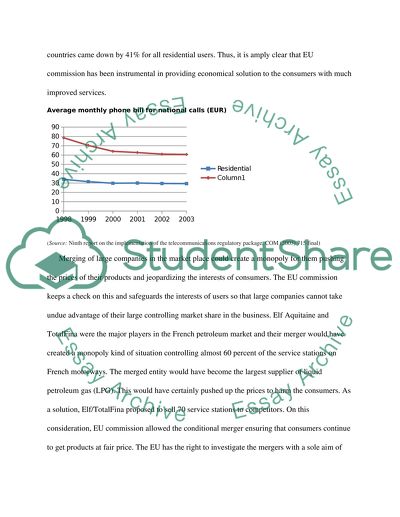Cite this document
(“Economic benefits of having a competition policy at the EU level Essay”, n.d.)
Retrieved from https://studentshare.org/environmental-studies/1422752-economic-benefits-of-having-a-competition-policy-at-the-eu-level
Retrieved from https://studentshare.org/environmental-studies/1422752-economic-benefits-of-having-a-competition-policy-at-the-eu-level
(Economic Benefits of Having a Competition Policy at the EU Level Essay)
https://studentshare.org/environmental-studies/1422752-economic-benefits-of-having-a-competition-policy-at-the-eu-level.
https://studentshare.org/environmental-studies/1422752-economic-benefits-of-having-a-competition-policy-at-the-eu-level.
“Economic Benefits of Having a Competition Policy at the EU Level Essay”, n.d. https://studentshare.org/environmental-studies/1422752-economic-benefits-of-having-a-competition-policy-at-the-eu-level.


